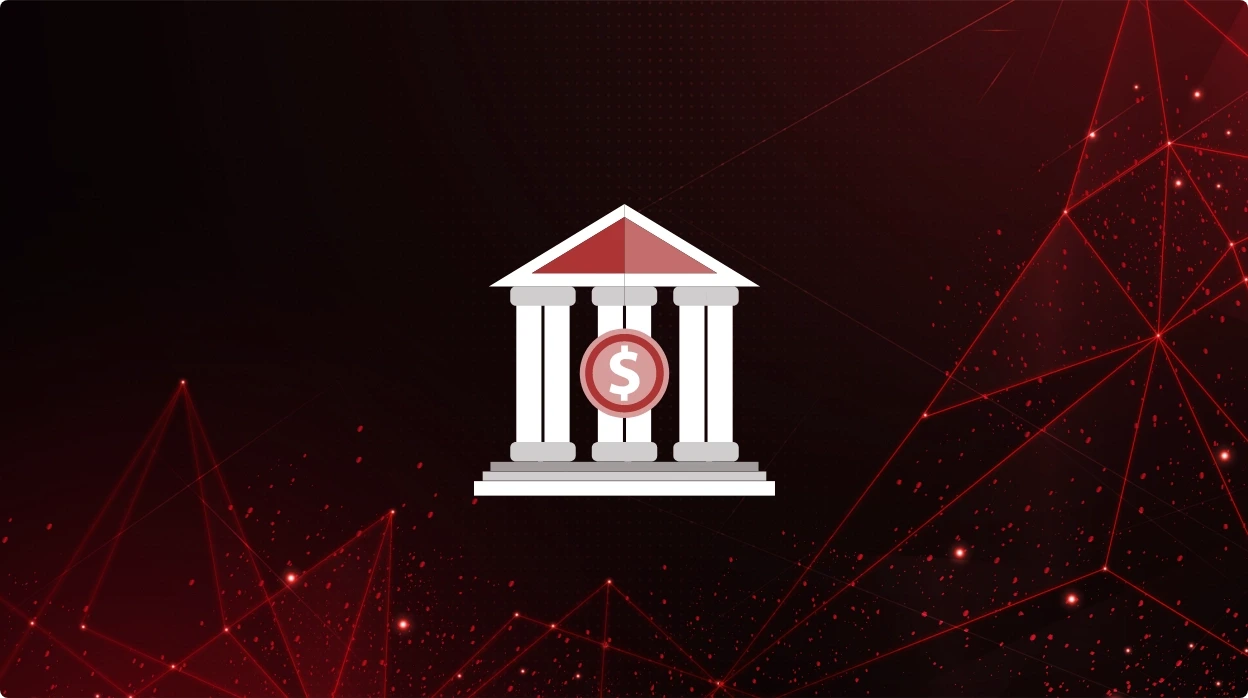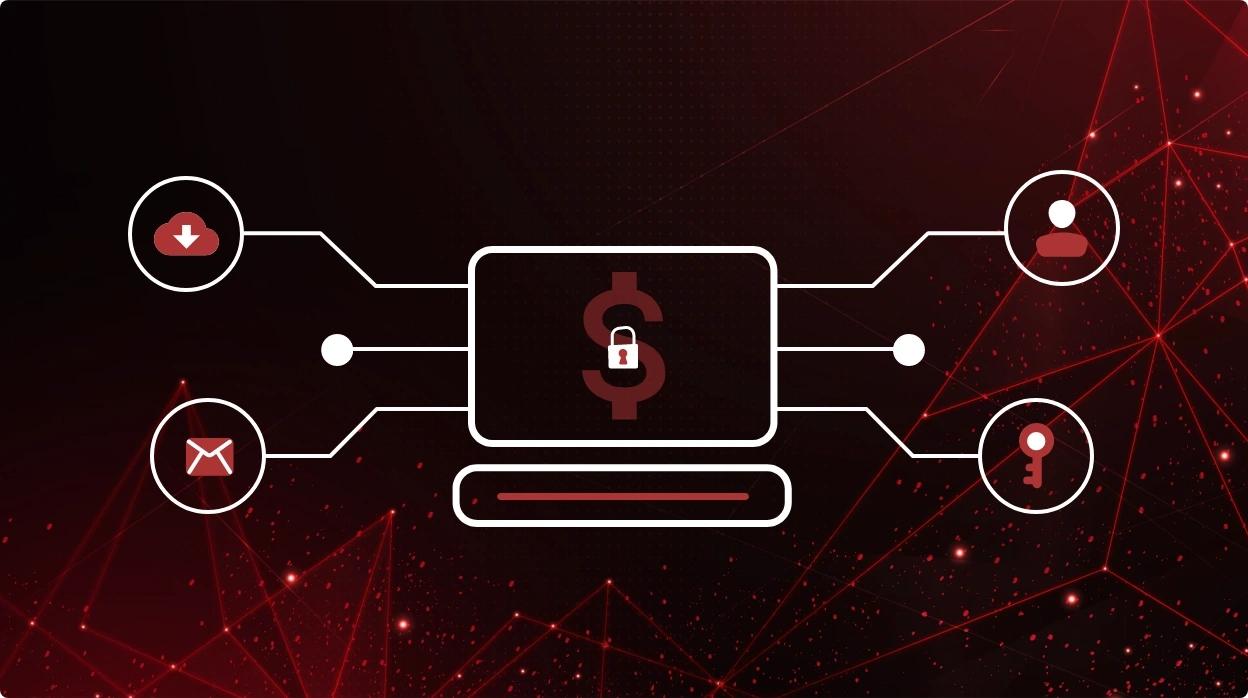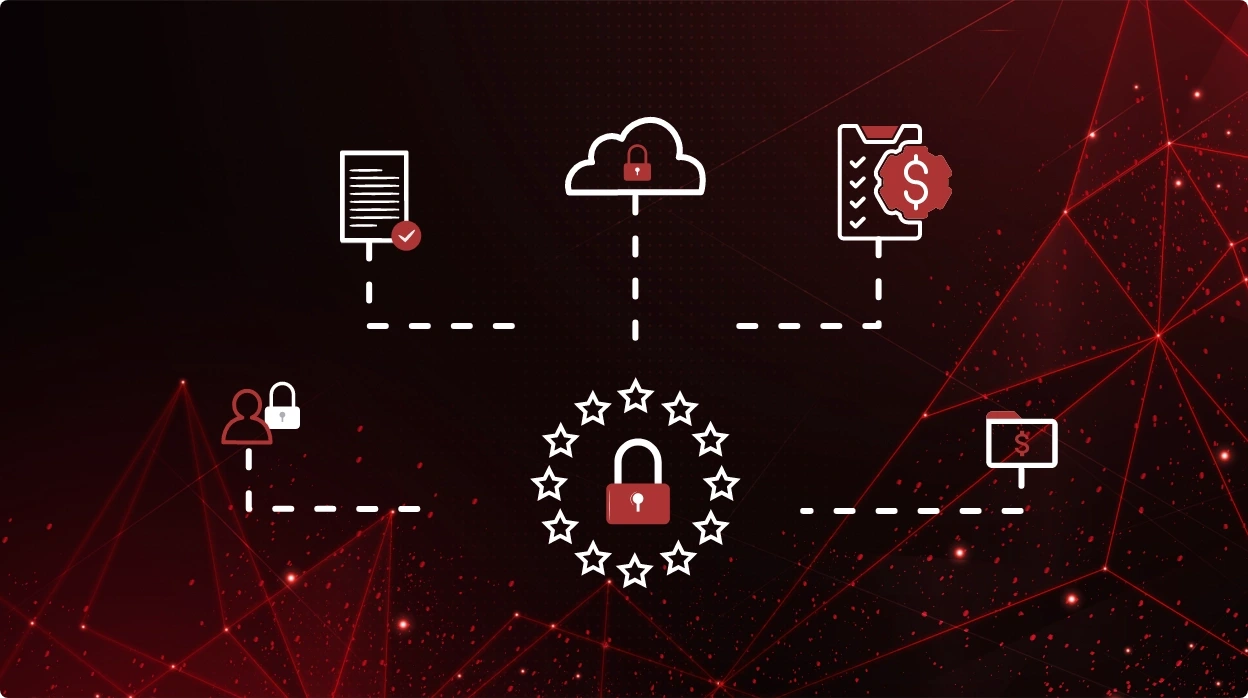Top InfoSec Innovator for SaaS Security Posture Management (SSPM)


CheckRed Editorial
The finance industry heavily relies on the management and protection of sensitive and confidential data in the cloud. As banking and financial institutions deal with valuable information such as customer records, personal data, and trade secrets, it is imperative that they maintain a robust compliance and security posture to safeguard against data breaches and cyber-attacks.

The consequences of poor compliance and security posture can be devastating, including financial losses, reputational damage, and legal penalties. Financial institutions must adhere to various regulations, such as the General Data Protection Regulation (GDPR) and the Payment Card Industry Data Security Standard (PCI DSS), to ensure that their operations are conducted ethically and legally.
We will explore the importance of compliance and security posture in the finance industry and discuss some of the best practices for maintaining a secure and compliant environment.

An organization’s total security status and capabilities are referred to as its security posture. To protect sensitive data, uphold consumer trust, and adhere to regulatory obligations, financial institutions must maintain a robust security posture.
The financial sector frequently encounters the following security threats:
Cyberattacks, including malware, phishing scams, and hacking
Staff access to or distribution of sensitive information without authorization
Financial institutions are required to put in place a range of security measures, such as:
Access management measures, including multi-factor authentication and password guidelines
Regular security checks to spot weaknesses and guarantee industry standards and compliance
Data encryption, both in motion and at rest
Financial institutions can lessen the chance of security breaches by putting these steps in place and by routinely monitoring and updating their security posture. This will shield them, as well as their customers, from potential harm.
Financial compliance refers to the enforcement and regulation of laws and rules in finance and capital markets, covering a wide range of practices from investment banking to retail banking. Compliance analysts work with managers and employees to manage regulatory risks and translate compliance-related materials into relevant languages for foreign offices. The department’s responsibilities include identifying, preventing, detecting, monitoring, advising on, and resolving risks faced by the business, including implementing control systems.

Data security and privacy compliance are crucial in today’s business environment. IT compliance professionals write data security rules, advise on best practices, examine data governance standards, and create solutions to fill gaps in IT risk management strategy. Policies like GDPR govern data access, storage, and interaction, and non-compliance can result in severe penalties. Therefore, IT compliance is critical for businesses.
Finally, compliance analysts must have thorough technical knowledge of rules, regulations, and policies. They must understand how to interpret them correctly and preemptively anticipate their impact on the business. The compliance analyst’s role is to ensure that the company fulfills its obligations and that compliance is being maintained and followed. A high level of expertise and attention to detail are required for this role.
For the safety of the company and its customers, the financial sector must have measures to maintain and improve SaaS and cloud security posture. Here are some of the best practices:
Investing in compliance and security measures can provide a variety of advantages, such as:
Financial institutions can safeguard themselves and their customers from breaches by investing in SaaS and cloud security posture management. CheckRed is a unified SSPM and CSPM platform that ensures that your organization is compliant and secure from any potential risks and attacks.
Dive into the future with our interactive demo
and explore the possibilities.
Related Posts